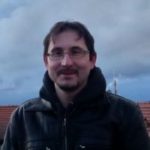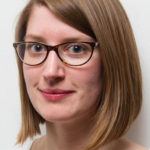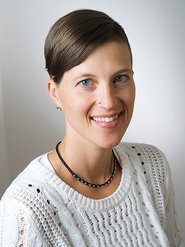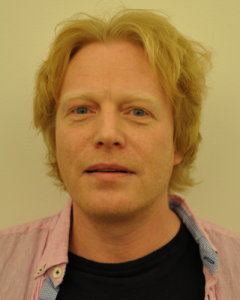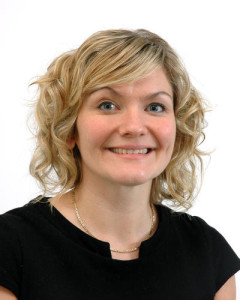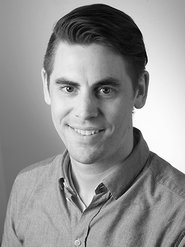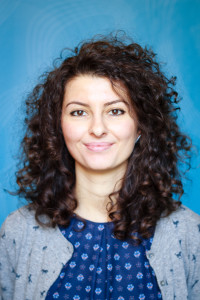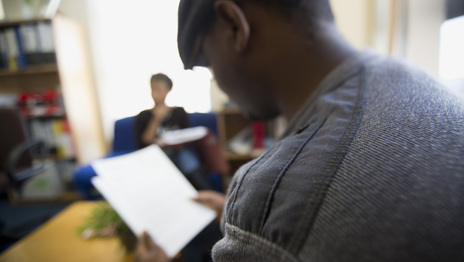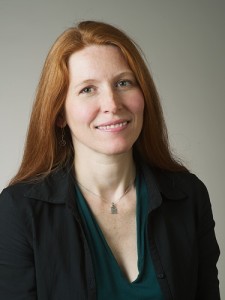Join us for a week of migration related discussions and events in Bergen!
24 okt 16 19:30 – 28 okt 16 17:00,
Join us for a week full of events on Migration.
The week is organised by CMI, IMER, SKOK and the Faculty of Law at the University of Bergen in cooperation with Bergen Resource Centre.
The world is in a migrant crisis. Millions of people are displaced. People are fleeing war, poverty and oppression in the largest movement of peoples since WWII. The policing of the EUs outer boundary has broken down. Treaties regulating movement, work and asylum have crumbled.
In response, Europe erects new fences and introduces stricter immigration policies. What is at stake and how can it be solved?
Academics, journalist and filmmakers will meet and discuss migration challenges in panels and roundtables in the Migration week in Bergen 24-28 October.
All events are free, open to the public and represent some of the most exiting scholarship on migration aimed at the general audience.
The event is co-hosted by the International Migration and Ethnic Relations Research Unit Bergen (IMER), Centre for Women’s and Gender Research (SKOK), the Chr. Michelsen Institute (CMI) and the Faculty of Law at the University of Bergen.
Programme
Den store flukten: Film, fakta og fiksjon
When: Monday 24 October, 19.30-21.00
Place: Litteraturhuet, Auditoriet
Presenters: Lars Petter Gallefoss (Pandora Film), Christina Pletten (Aftenposten), Frøy Gudbrandsen (BT, debattleder).
Seige systemer og ville ideer: Nytenkning på flyktninge- og integreringsfeltet
When: Tuesday 25 October, 19.30-21.00
Place: Litteraturhuet, Olav H. Hauge
Presenters: Thomas Hylland-Eriksen (UiO), OPEN Transformation, Susanne Bygnes (IMER, debattleder)
Journeys
When: Wednesday 26 October, 13.00-15.00
Place: Bergen Resource Centre for International Development
Presenters: Luigi Achilli (European University Institute), Daniela Debono (Malmö University), Sine Plambech (DIIS)
Sites
When: Thursday 27 October, 10.00-12.00
Place: Bergen Resource Centre for International Development
Presenters: Nando Sigona (University of Birmingham), Kamel Dorai (Institut français du Proche-Orient), Evthymios Papataxiarchis (University of the Aegean)
Arrivals
When: Friday 28 October, 10.00-12.00
Place: Bergen Resource Centre for International Development
Presenters: Michel Agier (EHESS), Ilse van Liempt (Utrecht University), Dallal Stevens (University of Warwick)
A more detailed programme will come soon.
Welcome!
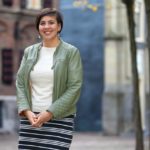 Anouk de Koning is Assistant Professor at the Department of Anthropology and Development Studies, Radboud University.
Anouk de Koning is Assistant Professor at the Department of Anthropology and Development Studies, Radboud University.
